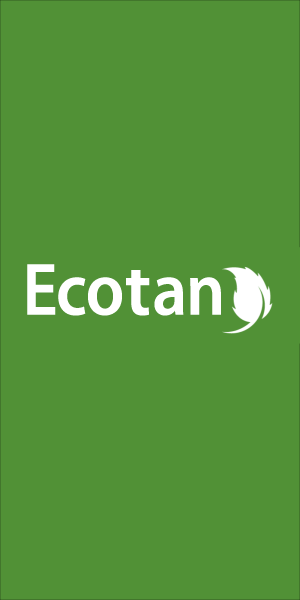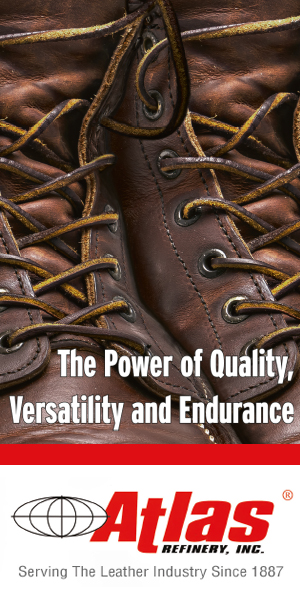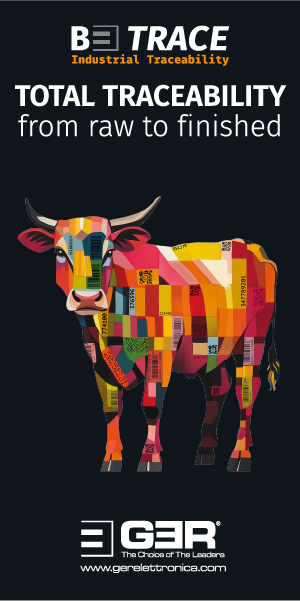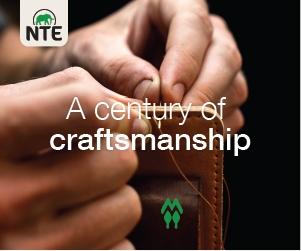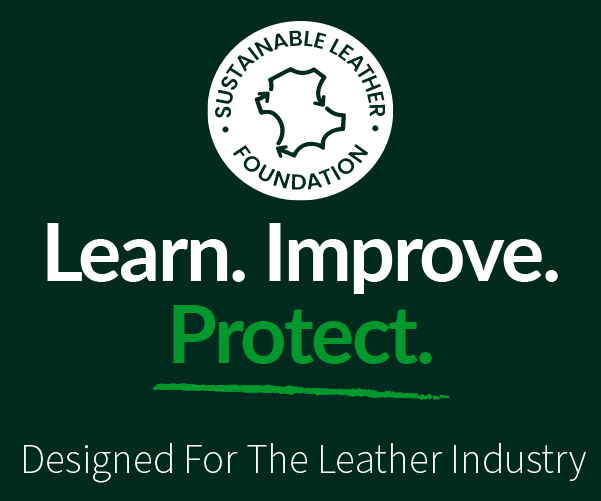Le Marche: a special case

The war in Ukraine has, understandably, dominated the headlines for months. One of the consequences that has largely gone unnoticed is its effect on the footwear sector in the Italian region of Le Marche.
The whole of Europe and, indeed, the entire world, has been horrified and dismayed that war could break out there again in 2022. Human suffering outweighs any other concern and the most urgent priority is to establish peace and allow families to rebuild their lives and their communities. Nevertheless, the business world, still in the early stages of recovery from the shut-shops-shock of the covid-19 pandemic, has had to try to keep up its own rebuilding efforts, in spite of the war and its consequences.
In the sphere of the global economy, these consequences have been widely discussed and are well documented. Energy prices, which were already on the rise, have soared. Supplies of grain from Ukraine are disrupted, pushing food prices up. Global agriculture is suffering because fertiliser is now in short supply and more expensive.
In normal times, trade goes the other way too and an inability to sell in Ukraine and the surrounding region (because of the war) and in Russia (because of sanctions) is affecting manufacturers of products including high-end shoes and leathergoods. In the important footwear-producing region of Le Marche, there are fears that the fall-out from this presents an existential threat to many producers there, especially small- and medium-sized business. There are fears, too, that the artisan skills and craftsmanship in using leather to make some of the most beautiful and coveted shoes in the world could die out.
Discussion at Micam
Soon after the war began, senior government officials and representatives of the footwear industry in Le Marche took part in a hastily arranged discussion event on the first day of the Micam exhibition in Milan. The industry and its supporters in Le Marche wanted to present a series of arguments for treating the region as a special case and to secure as much assistance as possible to help its manufacturers stay in business.
The speakers left no one in any doubt that they regarded the human suffering in Ukraine as more important than business. From an industry point of view, though, they said Le Marche’s shoe manufacturers would be harder hit than their counterparts in other regions of Italy.
The president of national trade promotion organisation ICE, Carlo Ferro, told the audience that, for Italy’s wider fashion industry, Russia, Belarus and Ukraine represented 2.7% of overall export business. For footwear exports, he said the share of the countries involved in the war was 3%. For the footwear industry in Le Marche, however, he said the figure was between 9% and 10% of all exports.
Italy’s junior minister for economic development, Gilberto Pichetto Fratin, took part in the discussion. He suggested that something the national government might be able to put in place for concerned companies was an extension of a moratorium on paying back loans they received during the covid-19 pandemic.
One senior representative of Le Marche’s shoe industry, Annarita Pilotti, a former president of national industry body Assocalzaturifici, said this measure should come into place right away. “We are already paying back some of the loans we received,” she said. “With interest.”
Dominant position
This region on Italy’s Adriatic coast comprises five provinces: Macerata, Fermo, Ancona, Ascoli-Piceno and Pesaro-Urbino. For decades, it has held a dominant position in the country’s footwear manufacturing landscape. In 2010, there were 4,400 footwear companies in Le Marche but this figure had fallen to around 3,800 by the start of 2017 and has continued to drop. Of 72,000 employees that footwear manufacturers across Italy had in 2020, around 25,000 of them were in Le Marche. The industry is important enough for regional president, Francesco Acquaroli, to have travelled to Milan to take part in the Micam talk, which, incidentally, took place on a Sunday morning.
Mr Acquaroli described the situation in Ukraine as a crisis in the international arena because of its effect on the cost of energy and of a number of important raw materials. “For our region’s economy, however, it’s also a market problem,” he said. “In Le Marche, a great part of our manufacturing capacity, and this is especially true of the footwear sector, has been focused on the markets in Ukraine, Russia and the surrounding region. This means our companies are facing a liquidity problem. And all this on top of having been weakened already by the crises of these years of the pandemic.”
He said cash flow was his immediate concern and one that needed addressing right away to avoid creating “structural problems for the companies affected”. He added that the region itself has “a limited capacity for offering financial help” and called on Italy’s central government to step in. “It’s a difficult and fragile situation,” he said.
In a follow-up comment, an economic advisor to the regional government, Guido Castelli, asked that the central government lower the rates of value-added tax in Italy because, he pointed out, high sales taxes were preventing Italian consumers from buying Italian shoes. He said Le Marche was not asking for handouts. “What we want,” he insisted “is help in setting up a system, a way of working, that will allow us to preserve what I would call, without descending into romanticism, our artisan traditions.”
Open doors
Annarita Pilotti, who runs Fermo-based brand Loriblu, seemed more upset than optimistic after listening to the politicians’ interventions. She said she has been appalled by the outbreak of war, adding: “Customers of mine, people I know well, have bombs falling on them now.” She pointed out that hers is one of the thousands of families across Europe to have opened its doors to Ukrainian refugees. In Ms Pilotti’s case, a buyer she has a commercial relationship with has sent his wife and children to Italy to take shelter with her; he has stayed behind to join Ukraine’s war effort.
But she is afraid for the footwear business in Le Marche too. Her contention is that one of the reasons for the fall in the number of shoe producers in Le Marche over the past decade is that an earlier round of sanctions against Russia, after its invasion and annexation of the Crimean Peninsula from Ukraine in 2014, took companies by surprise.
“We know why the sanctions were imposed,” Ms Pilotti says, “but for us it was devastating. Many of Le Marche’s shoe companies closed, and many of our suppliers closed, too. The difficulties this situation presented were too much for small- and medium-sized companies to cope with and we lost them.” She says it’s a pity that sanctions have been necessary again and is fearful that the consequences could be equally devastating. “Sanctions seem to be the only response we have to try to prevent or bring an end to war,” she adds. “It’s a shame, and it’s a shame that diplomacy, in spite of all the talking, seems to be of so little use.”
Shoes from Le Marche manufacturers Franceschetti and Loriblu.
Credit: Micam








